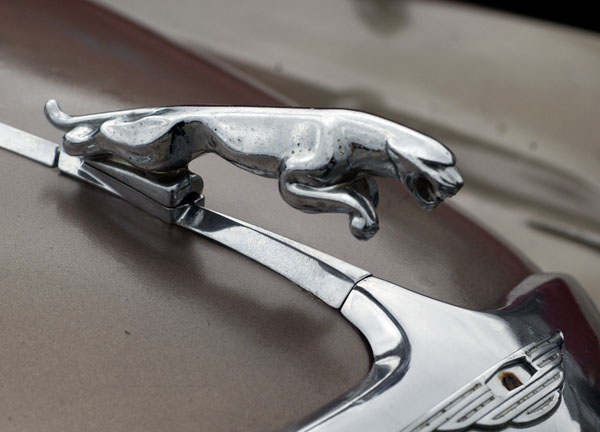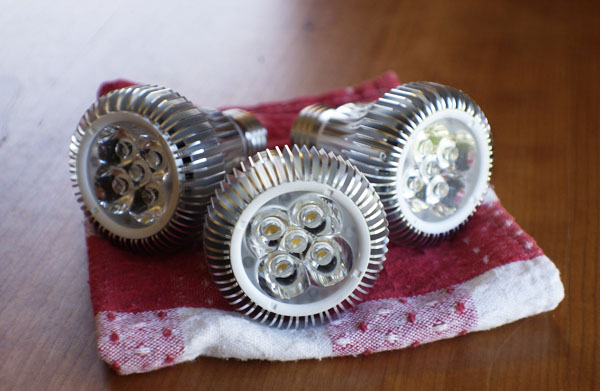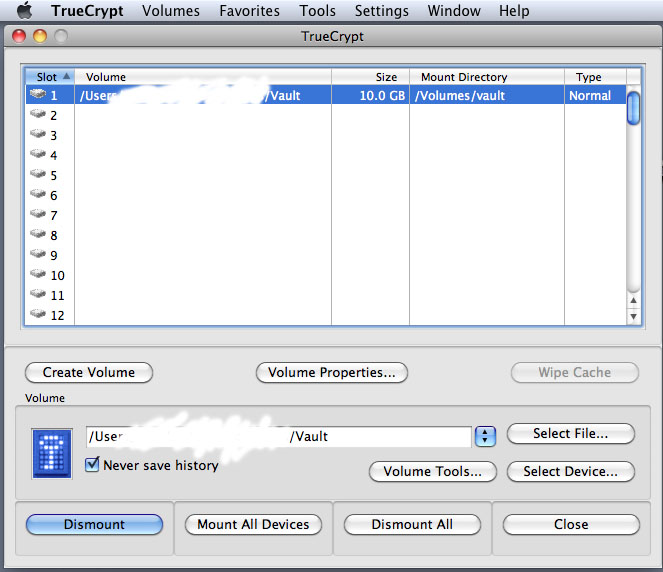One of the compensations for the bleakness of winter is that the oranges start pouring out of Florida and California. As far as I can tell, in this part of the country, the winter trucking of oranges north from Florida works pretty much the same as it did when I was a child in the 1950s. U.S. 601, which runs through the Yadkin Valley, was a major truck route that came up from South Carolina and continued northward, connecting with routes that went from Ohio toward Chicago. To this day, there is a tradition of roadside produce stands along U.S. 601 that sell trucked-in produce from Florida, South Carolina and Georgia. Here in Stokes County, which is crossed by no major highways (U.S. 52 touches the southern corner of the county), there is no tradition of these roadside produce stands. I’m guessing that oranges have been shipped around the world for centuries. If historical novels can be trusted, then from Winston Graham’s novels we could learn, for example, that oranges from Spain have been shipped to the British Isles during the winter for hundreds of years.
While visiting family yesterday in the Yadkin Valley, I bought a box of oranges from a produce stand on U.S. 601. These oranges are better, fresher, and cheaper than the oranges that can be had in the grocery store. Not only that, most of the time, the grocery stores carry California oranges. I love California oranges — if I’m in California. But here in the Southeast, Florida oranges are the way to go. I’m guessing that Florida had a good crop this year. The box of oranges cost $18.50.
Since my hippy days in the 1970s, I’ve known about the magic of oranges. This mainly came from reading Jethro Kloss, who believed that oranges are a powerful medicine.
I can testify to the power of oranges. When I was in my 20s, I had to have wisdom teeth surgically removed. My dentist referred me to an oral surgeon who did the work. Two of the teeth were impacted and had never emerged from the gum. They had to be removed by making an incision in the gum, breaking the teeth apart, and bringing them out piece by piece. About two weeks after a brutal round of oral surgery, I had a regular appointment with my dentist. While poking around in my mouth, he asked me what the oral surgeon had decided to do about the wisdom teeth. I told him that we’d taken the first two out two weeks ago and that Dr. Westrick had removed the stitches last week. My dentist didn’t believe me at first. He said he couldn’t see any sign of oral surgery. In fact, he checked with my oral surgeon to see if I was telling the truth. The dentist later told me that he had never seen anyone heal so fast and that he didn’t think it was possible. “What did you do?” he asked. I said, “I juiced a dozen oranges every day.”
So I don’t just eat an orange or two. I juice them in generous quantities. I don’t know what it is that gives fresh oranges their virtue. As far as I’m concerned, orange juice in bottles and cartons is just another dead, sweet drink. All of its virtue is gone. I don’t drink it. Fresh orange juice is alive. If you can handle the calorie load and the fructose, try sometime drinking the juice of 10 or 12 fresh oranges every day for a week. Your skin will glow.





















